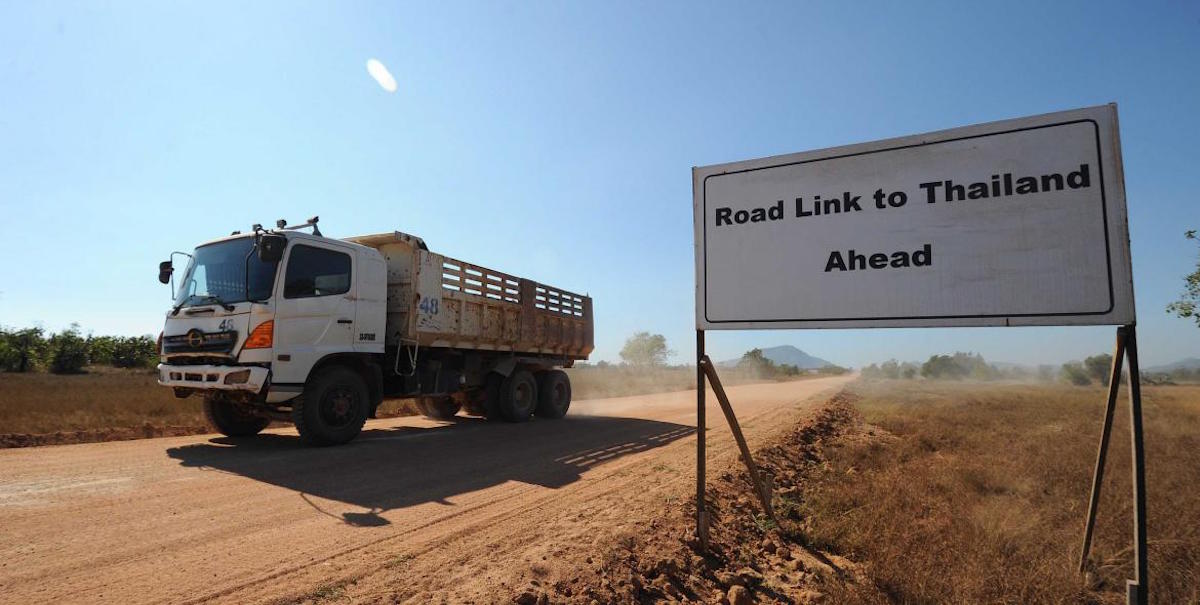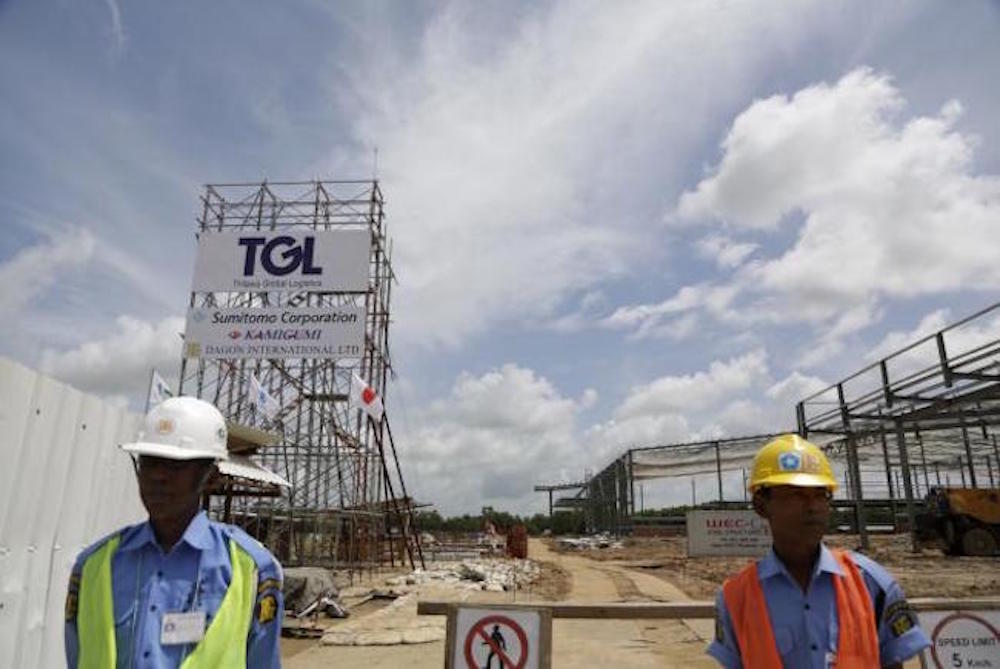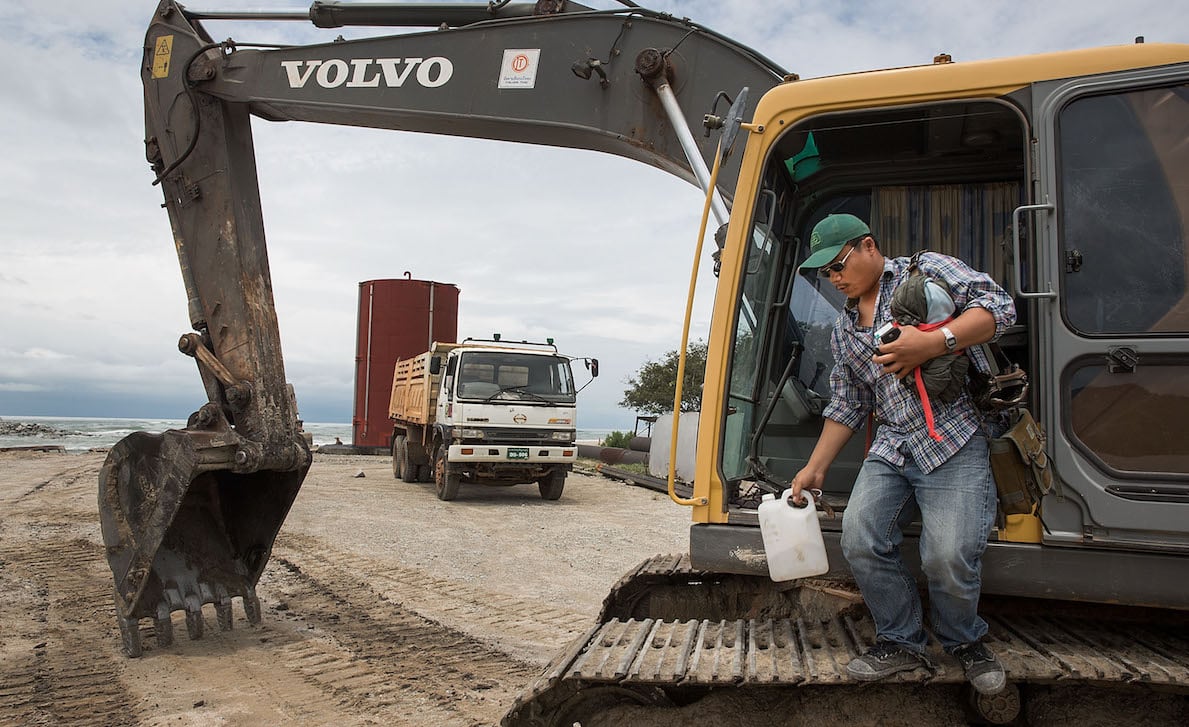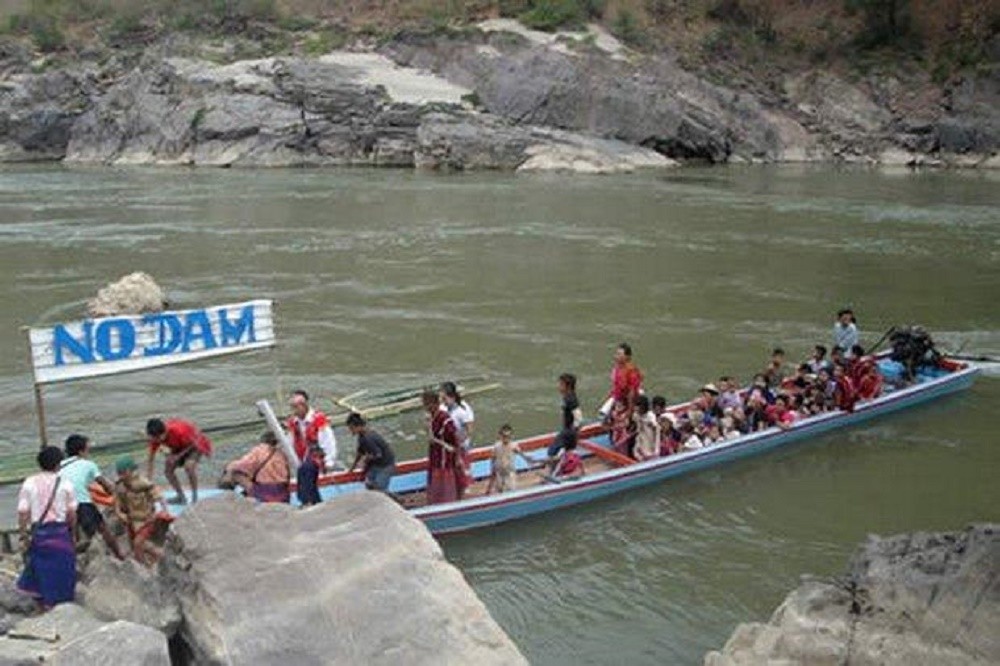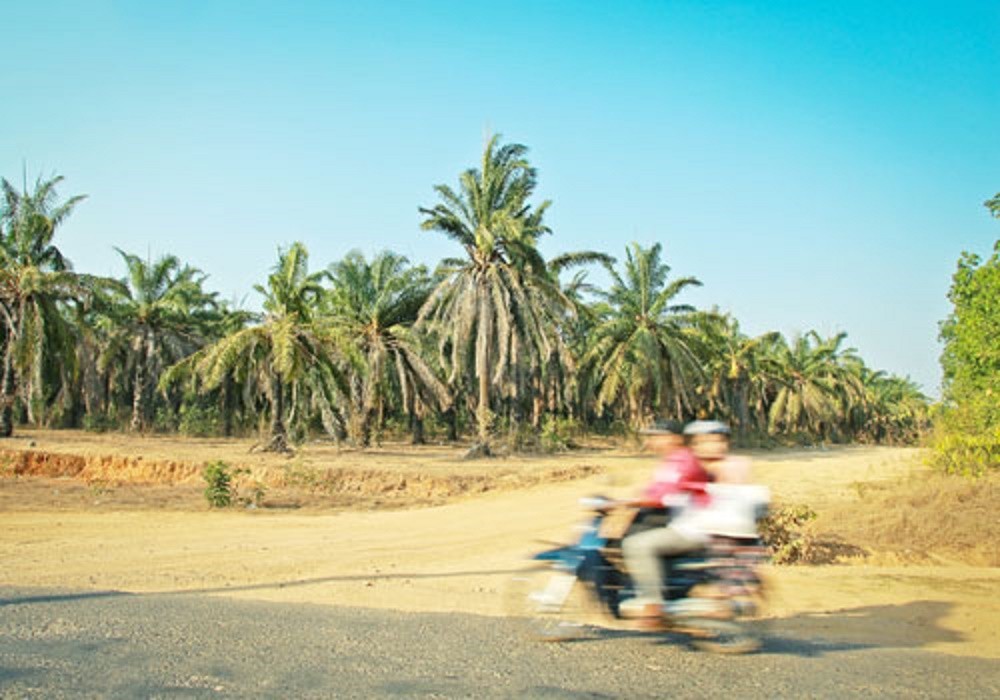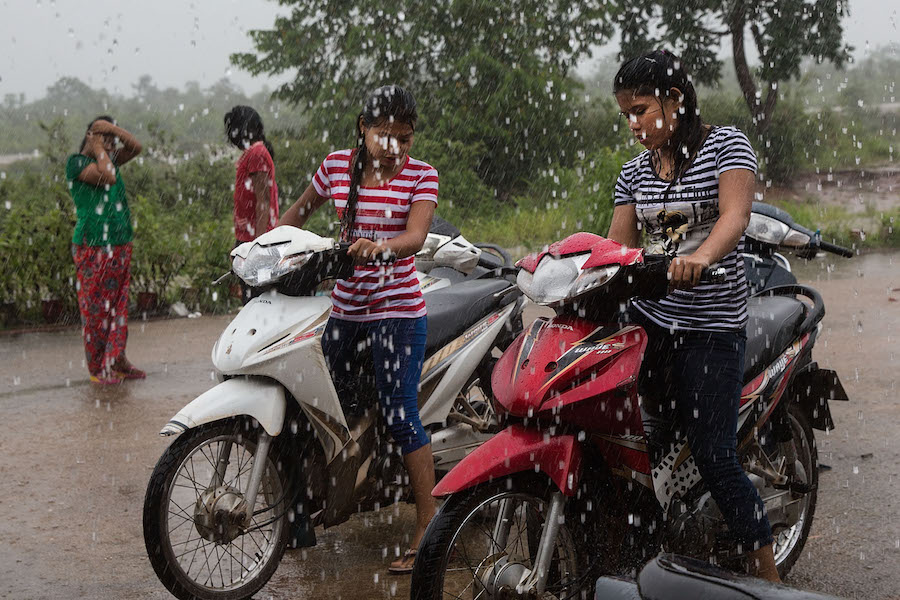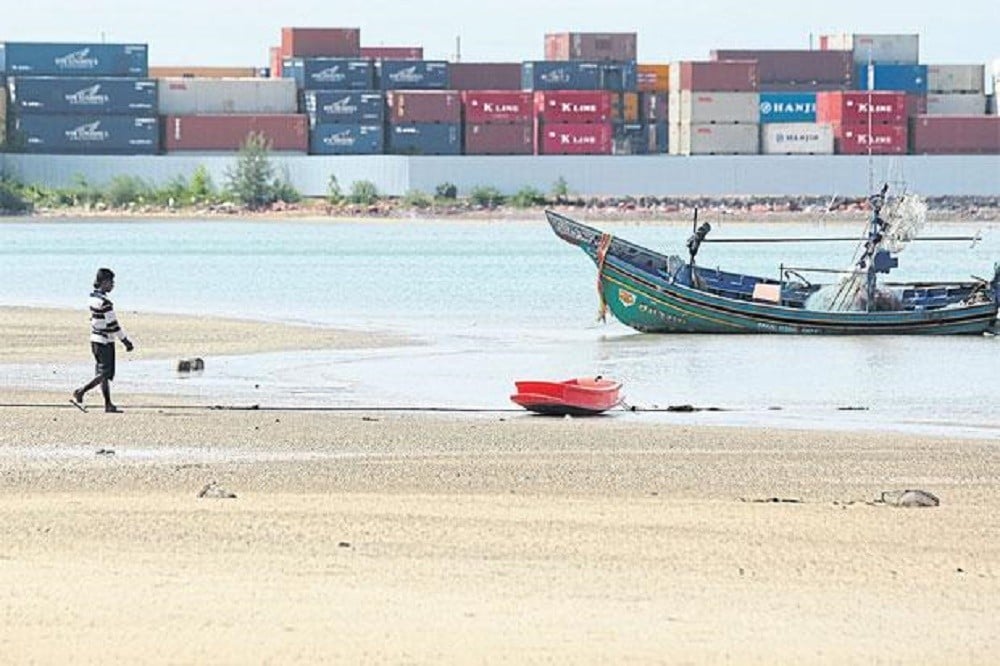Arguments in favour to build one of the region’s largest industrial zones at Dawei are deeply flawed, and vastly outweighed by its potential for social and environmental damage.
Tag: SEZ
Plans Announced for SEZ and New Airport Terminal in Southern Rangoon
A Rangoon regional minister explained in Tuesday’s parliamentary session plans to develop an area across four townships for a special economic zone and a new airport terminal.
According to the statement by Daw Nilar Kyaw—the divisional minister for electricity, industry and transportation—Kwan Chan Gone, Letkokkon, Kawhmu and Dala townships are listed as hosting the initiative.
Officials committed to Dawei
Thai officials and their Myanmar counterparts remain committed to the long-awaited Dawei megaproject, with the Myanmar-Thailand Joint High-Level Committee (JHC) and the Joint Coordinating Committee (JCC) to be set up soon to foster development.
Porametee Vimolsiri, secretary-general to the National Economic and Social Development Board (NESDB), said the recent joint ministerial meeting held on Aug 15-16 in Myanmar agreed to revitalise the role of the JHC and the JCC to rev up the multibillion-dollar project.
New sets of the two committees, which stalled before Myanmar held a general election on Nov 8 last year, are to be established soon.
Into the Zone: SEZs in the Mekong Region, Income…or Instability? (Part 2)
While neighboring Thailand’s Special Economic Zones are now progressing without much public consultation or review, Myanmar may be moving in the opposite direction. Its three SEZs which were launched in the waning years of the junta, are now under the direction of the civilian government fully aware of concerns raised by communities and independent researchers, and inclined to take stock of what their predecessors set in motion. At issue are a whole range of social and environmental grievances, as well as the viability of the projects themselves and to what extent they reflect the new leadership’s priorities.
SEZ polluting Bavet canal, villagers say
Villagers living along a canal in Svay Rieng province’s Bavet town say its water has been polluted by untreated discharge from the nearby Manhattan Special Economic Zone (SEZ), rendering it unusable.
Three communes live along the Tapov canal – Bati, Prasat and Bavet – with villagers from the first two saying that they have complained about the pollution since 2015 and that the quality of the water has continued to decline and the smell is unbearable.
Aung San Suu Kyi visit is chance to rethink investments
This week’s visit by State Counsellor Daw Aung San Suu Kyi to Thailand appears to hold out hope for Thai state and private investors to revitalise their plans for key investments in Myanmar. Among these projects, the most prominent are the Dawei special economic zone and a cascade of hydroelectric dams on the Thanlwin River.
Dawei locals launch campaign against Chinese oil refinery plans
This quiet stretch of coast just south of Dawei is today used mostly for swimming and fishing by local villagers or the occasional tourist (see related story).
But the northern area of the bay is set to become part of a Chinese plan to build Myanmar’s largest oil refinery – which controversially received approval in the final days of former president U Thein Sein’s administration.
Myanmar: The Dawei Special Economic Zone
Investor confidence in the long-delayed Dawei special economic zone (DSEZ) is growing after Japan signed on as a third equal partner with Myanmar and Thailand this December. Japan’s backing may finally kick start construction of the billion dollar project that has been crippled by funding shortfalls since 2013. If it’s ever finished, the deep-seaport is expected to rival the one in Singapore, opening a new gateway to the Malacca Strait from the western Myanmar seaboard. The 196 square km special economic zone – scaled down from initial estimates of 204.5 square km – would become one the biggest industrial parks in Southeast Asia.
Myanmar to have first Thai-operated powerplant in Dawei SEZ
Myanmar’s Energy Ministry has signed a 10-billion-baht concession agreement with a Thai company to produce electricity within the Dawei Special Economic Zone (SEZ).
The Thai company, United Power Of Asia PCL (UPA), recently inked the 30-year agreement with the government of Myanmar to build a natural gas power plant, which has a capacity of 200 megawatts.
It will be the first Thai power plant operating in the Dawei SEZ. Under the agreement, the Myanmar government will supply natural gas to the UPA power plant for free. The Thai company will also earn 1.18 baht for every unit of the electricity sold in the country.
Laying down the ‘dictator law’ for money
The prime minister, who seized power in May 2014, wants all Thais to have a better life and increased income, despite looming economic problems.
But to achieve his goal, there’s one condition. Gen Prayut has to use Section 44 of the interim charter, the so-called dictator law, which allows him to bypass checks and balances to fast-track development projects.
The hope is that as a result of the orders, 12 new SEZs and dozens of mega projects will pump trillions of baht into the economy by the end of the year.


